For questions and inquiries regarding the receiving of the Sacraments, please call the rectory at (513)921-0328.
The Seven Sacraments of the Church are Baptism, Confirmation, Holy Eucharist, Penance, Anointing of the Sick, Matrimony, and Holy Orders. The Sacraments of the Church are the fruit of the redemptive sacrifice of Jesus on the cross.
The Sacraments of Christian Initiation
Baptism, Confirmation, and the Eucharist lay the foundations of every Christian life.

Baptism
Baptism takes away original sin, all personal sins, and all punishment due to sin. It makes the baptized person a participant in the divine life of the Trinity through sanctifying grace which incorporates one into Christ and into His Church. A baptized person belongs forever to Christ. He/she is marked with the indelible seal of Christ.
Confirmation
Like Baptism which it completes, Confirmation is given only once, for it too imprints on the soul an indelible spiritual mark. The effect of the sacrament of Confirmation is the special outpouring of the Holy Spirit upon the person, strengthening him/her for life. It gives a special strength to witness to the Christian faith. Every baptized person can and should receive the sacrament of Confirmation.
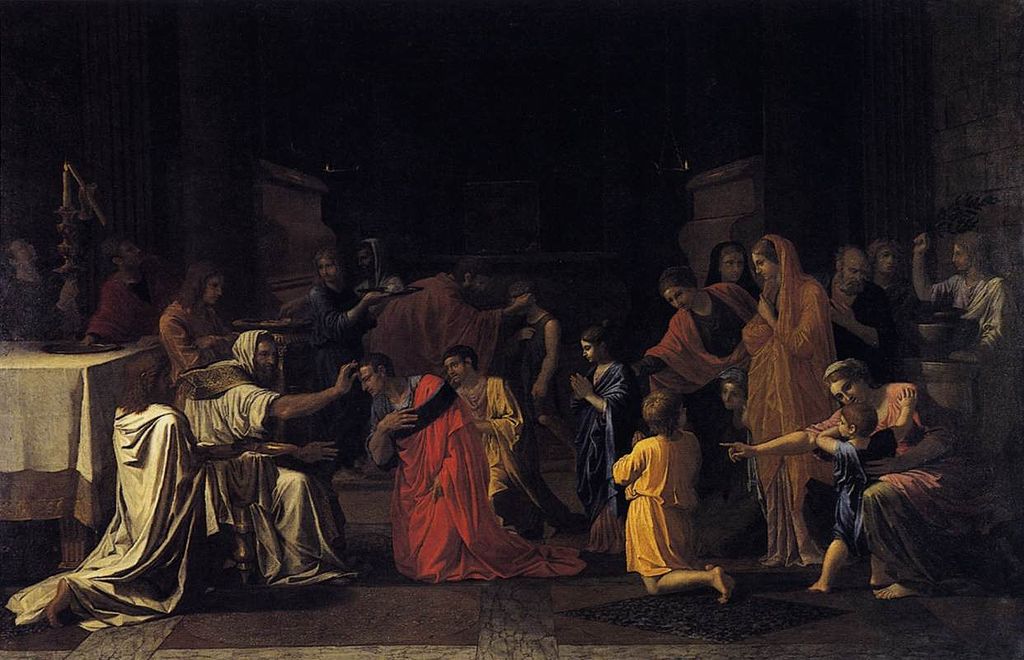

Holy Eucharist
The Eucharist is the “source and summit” of the Christian life. It is the very sacrifice of the Body and Blood of the Lord Jesus which He instituted to perpetuate the sacrifice of the cross throughout the ages until His return in glory. Jesus Christ is present in the Eucharist in a true, real, and substantial way with His Body and His Blood, with His Soul and His Divinity. (In the Eucharist, therefore, there is present in a sacramental way, that is, under the Eucharistic species of bread and wine, Christ whole and entire, God and Man.) The entirety of Catholic worship is centered upon this Sacrament.
The Sacraments of Healing
Christ, the physician of our soul and body instituted these sacraments because the grace of new life that He gives us in the sacraments of Christian initiation can be weakened and even lost because of sin. Therefore, Christ willed that His Church should continue His work of healing and salvation by means of the sacraments of Penance and the Anointing of the Sick.
Penance
The Sacrament of Penance is also known as the Sacrament of Reconciliation, The Sacrament of Confession, the Sacrament of Forgiveness, and the Sacrament of Conversion. The whole power of this sacrament consists in restoring us to God’s Grace and joining us with Him in an intimate friendship. The effects of the Sacrament of Penance are: reconciliation with God and therefore the forgiveness of sins; reconciliation with the Church; recover, if it has been lost, of the state of grace; remission of the eternal punishment merited by mortal sins, and remission, at least in part, of the temporal punishment which is the consequence of sin; peace, serenity of conscience, and spiritual consolation; and an increase of spiritual strength for the struggle of Christian living.
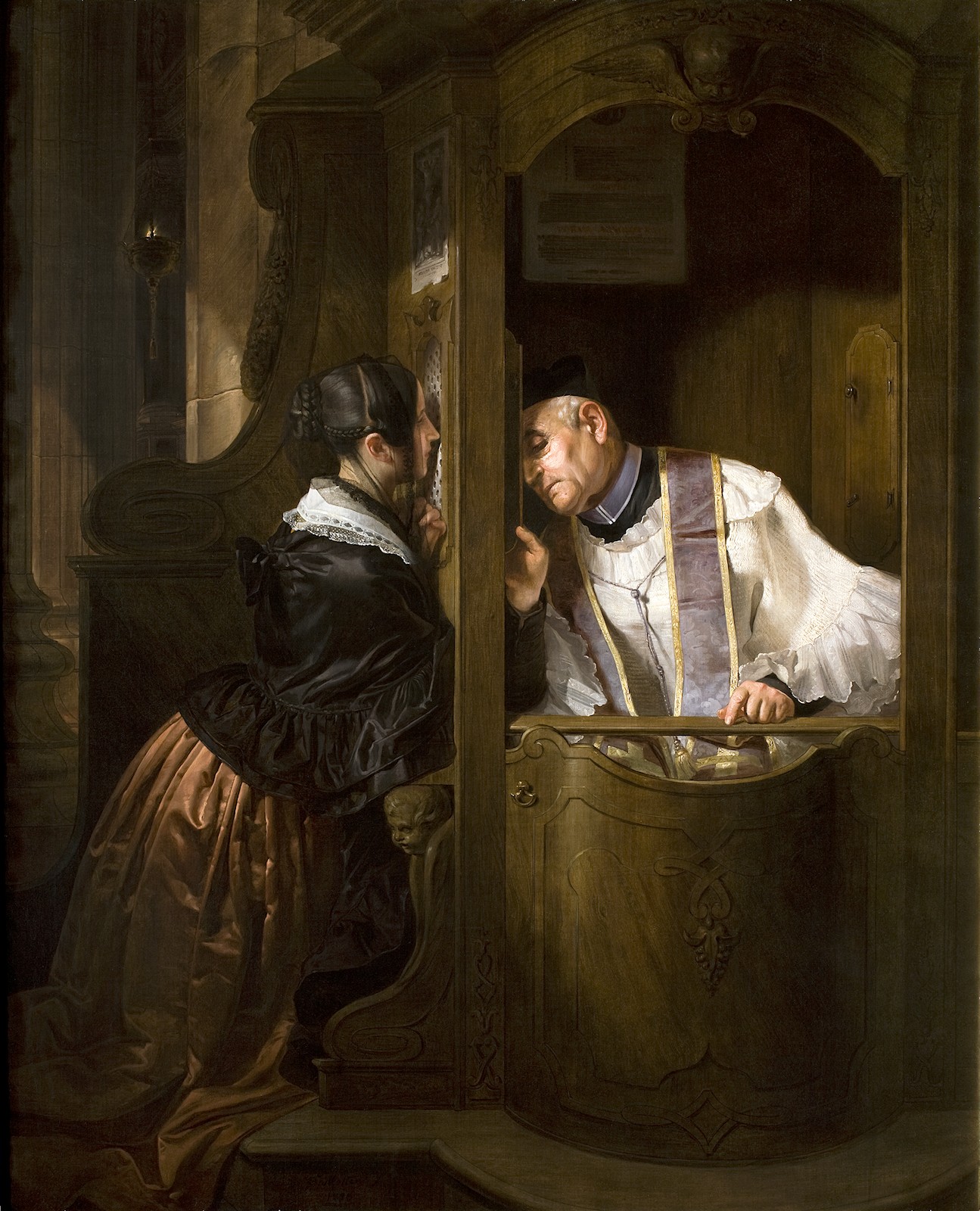
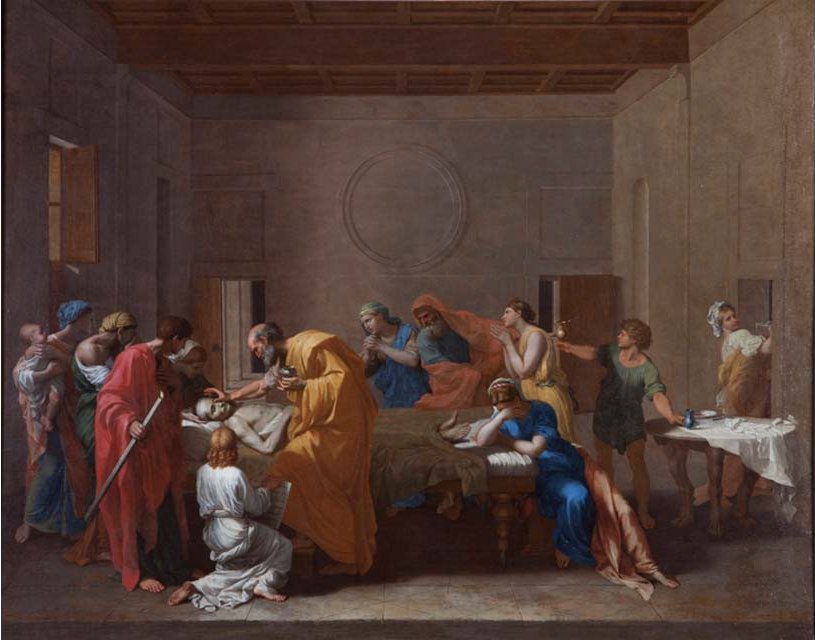
Anointing of the Sick
The Sacrament of Anointing of the Sick has, as it’s purpose, the conferral of a special grace on the Christian experiencing the difficulties inherent in the conditions of a grave illness or old age. Each time a Christian falls seriously ill, he/she may receive the Anointing, and if the illness worsens, receive it again. This sacrament confers a special grace which unites the sick person more intimately into the Passion of Christ for his/her good and for the good of all the Church. It gives comfort, peace, courage, and even the forgiveness of sins if the sick person is not able to make a confession. Sometime, if it is the Will of God, this sacrament even brings about the restoration of physical health. In any case, the Anointing prepares the sick person for the journey to the Father’s House.
The Sacraments at the Service of Communion and Mission
Two sacraments, Matrimony and Holy Orders confer a special grace for a particular mission in the Church to serve and build up the People of God. These sacraments contribute in a special way to ecclesial communion and to the salvation of others.
Matrimony
The Sacrament of Holy Matrimony establishes a perpetual and exclusive bond between a baptized man and a baptized woman. God who is love and who created man and woman for love has called them to love in an intimate communion of life and love in marriage “So they are no longer two but one flesh.” God said to them in blessing “be fruitful and multiply.” Since Matrimony establishes one man and one woman in a public state of life in the Church, its liturgical celebration is public, taking place in the presence of a priest (or a witness authorized by the Church) and other witnesses. This sacrament bestows upon the man and woman the graces necessary to attain holiness in their married life and to accept responsibly the gift of children and provide for their education.
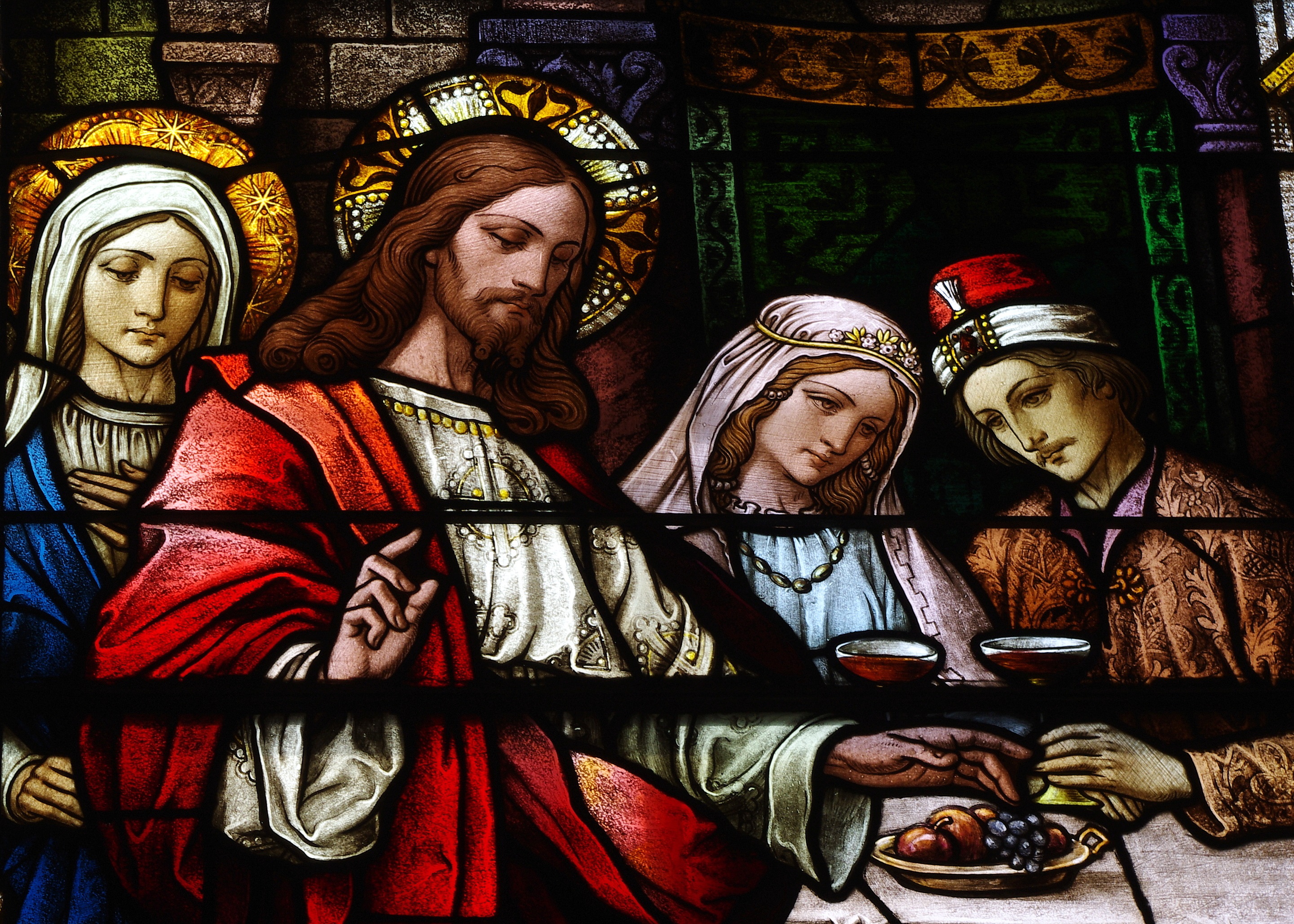
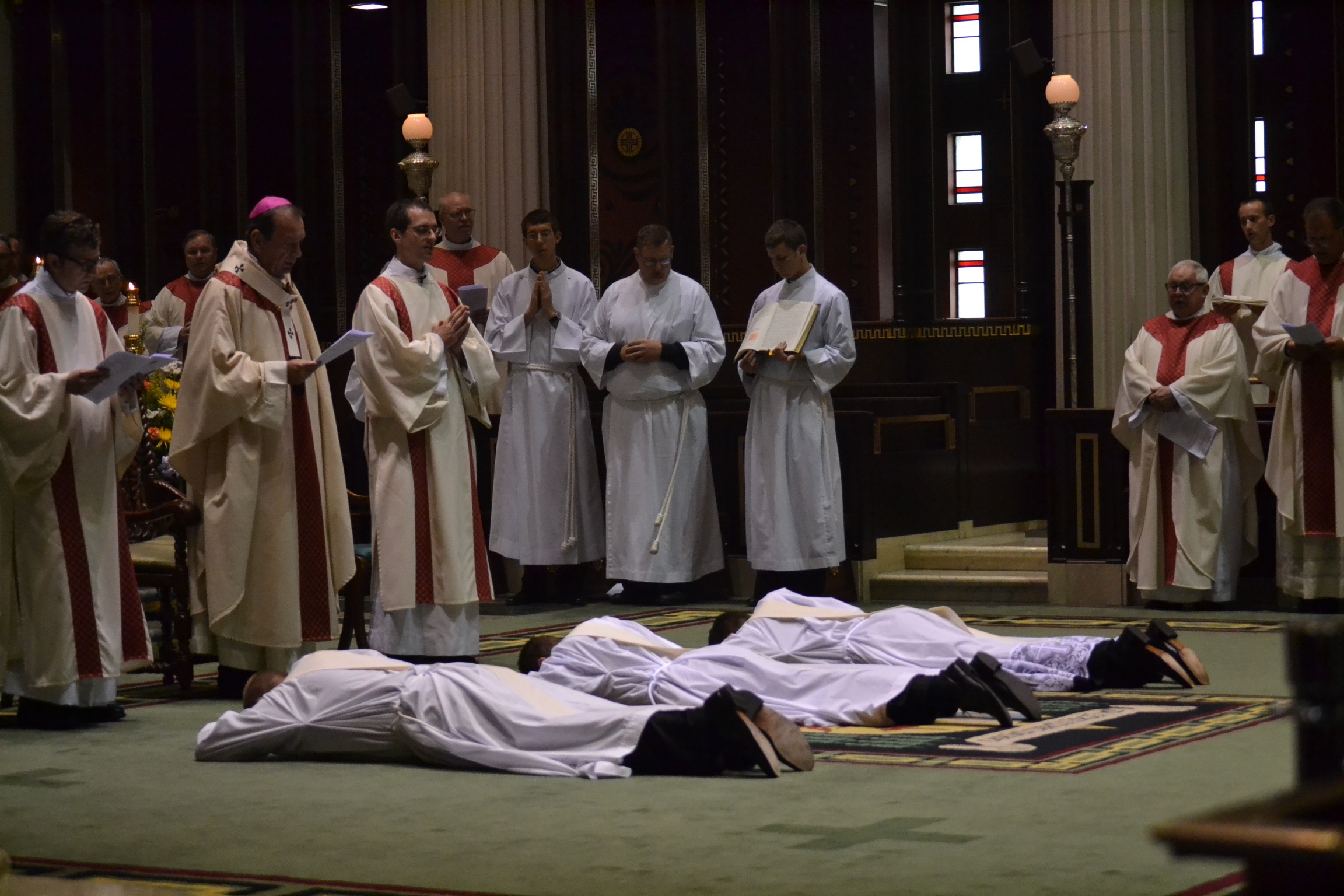
Holy Orders
Holy Orders is the sacrament through which the mission entrusted by Christ to his apostles continues to be exercised in the Church until the of time. That mission is to teach, govern, and sanctify. Only a baptized man validly receives sacred ordination. The Lord Jesus chose men to form the college of the twelve apostles and the apostle did the same when they chose collaborators to succeed them in their ministry. Orders designates an ecclesial body into which one enters by means of a special consecration (ordination). Through a special gift of the Holy Spirit, the sacrament enables the ordained to exercise sacred powers in the name and with the authority of Christ for the service of the people of God.